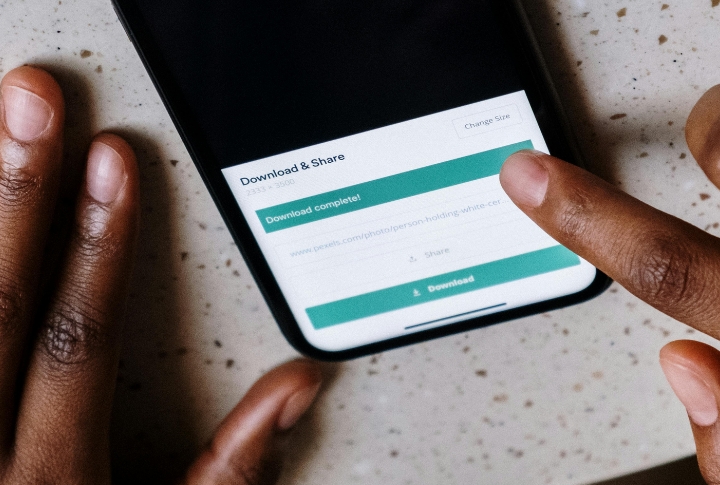
Spam calls don’t appear out of nowhere. Somewhere between sign-ups, apps, and offline forms, the contact info slips into unseen hands and begins a long journey through marketing networks. The result: constant interruptions and fading privacy. Curious how your digits became public property that companies use to disturb you regularly? Keep reading.
Data Brokers Selling Legally Harvested Phone Numbers

Ever wonder how telemarketers got your number? It’s the magic of marketing. Somewhere along the line, data brokers have legally harvested the digits from hundreds of everyday sources like loyalty cards and contest entries. They package and sell these lists to marketers, which makes the original trail nearly impossible to trace.
Exploitation Of Weak Or Outdated Privacy Policies

Let’s face it—privacy policies are often designed to confuse, not protect. Hidden in fine print and outdated clauses are loopholes that let companies share the contact information with just about anyone. The result? Your number travels freely through “technically legal” but ethically murky networks.
Bundled Services And Loyalty Programs Sharing Data

Those flashy loyalty programs and irresistible “bundle-and-save” deals? They’re secretly collecting details. While you’re busy earning rewards, the phone number quietly circulates through marketing partner networks faster than office gossip. It’s the trade-off no one mentions: convenience up front, privacy on the back end.
Mobile App Permissions

Ever downloaded an app and clicked “allow” without thinking twice? That tiny tap can unlock a massive data-sharing chain. Once apps get access to your contacts, the number can ripple through marketing databases almost instantly. And here’s the kicker—deleting the app doesn’t delete the footprint.
Mining Public Records For Unprotected Phone Numbers

Even if you’ve never shared your number online, it can still be found. Telemarketers dig deep into public directories and business databases to uncover contact info. They even use verification tools to cross-check whether a number is active. It’s a bit like a digital treasure hunt—only you’re the treasure.
Contests And Giveaways As Data Collection Funnels

That fun-looking giveaway might promise free gadgets or cash prizes, but behind the scenes, your phone number is the real prize. Once entered, the data flows into marketing databases and shared lists faster than you can say “winner.” Before long, your “lucky entry” turns into a steady stream of telemarketing calls.
Customer Service And Warranty Data Sold To Marketers

You’d think that warranty card for your new appliance was harmless, right? That “for product updates” box you ticked might actually be a ticket to marketing databases. Companies sell warranty and customer service data to advertisers—hidden neatly in the fine print of those never-ending terms of service.
Missed Call Baiting To Confirm Active Numbers

Got a missed call from an unknown number and feel tempted to call back? It is exactly what some telemarketers want. Using “missed call baiting,” they confirm the number is active the moment you return the call. It’s a sneaky evolution of old autodialer systems.
Lead Generation Sites Reselling User Phone Data

Download a free resource or sign up for a quote, just a phone number away. But that single act triggers a chain reaction. Lead generation sites funnel your data to third-party marketers, who then resell it in bulk. Before you know it, the phone won’t stop ringing with “exclusive offers.”
Social Media Leaks Via Privacy Settings And Plugins

Your social media might feel private, but it’s a goldmine for marketers. Weak privacy settings and intrusive third-party plugins quietly expose the contact details. Layer by layer, these leaks strip away your digital defenses until the phone number ends up circulating in marketing circles—long before you even notice.

